Teachers have a big role in our lives from the minute we start our educational career from school. They mould us by their thoughts and influence, giving us the strength to tackle life and its unique obstacles.
Every year on October 5, people around the world observe World Teachers’ Day, in order to recognise their contributions to their students’ growth and the society as a whole. The day was first observed in 1994.
Here is a list of the Top 5 teachers from around the globe who have enriched the sphere with their valuable contributions.
1. APJ Abdul Kalam
Dr. APJ Abdul Kalam (Avul Pakir Jainulabdeen Abdul Kalam) was born on 15th October 1931 in the temple town of Rameswaram, located in Tamil Nadu. Due to poverty, Dr. Abdul Kalam had to sell newspapers in his early childhood to run his family, but he was a hardworking and sharp student. A.P.J. Abdul Kalam always used to say he would like to be remembered as a teacher. When he became the President in 2002, he made no compromise on his penchant for teaching. He grabbed every opportunity to teach students, especially children, wherever he went. Administering a pledge on national development to the youth was his passion.
Here are some awe-inspiring quotes from the great man
“Don’t take rest after your first victory because if you fail in second, more lips are waiting to say that your first victory was just luck.”
“Dream, dream, dream. Dreams transform into thoughts and thoughts result in action.”
“To succeed in your mission, you must have single-minded devotion to your goal.”
- “If you fail, never give up because FAIL means “First Attempt In Learning”.
2. Albert Einstein
Albert Einstein was one of the twentieth century’s greatest thinkers and scientists. His discoveries revolutionized the field of physics and forever altered mankind’s understanding of the basic workings of the universe, leading to the dawn of the atomic age. Thrust into unexpected celebrity by the dramatic verification of his theories in 1919, Einstein quickly became an international icon of wisdom and intelligence.
However, when he first started teaching at the university, many students didn’t sign up for his classes. It was mostly because he was such a genius and a lot of students found it difficult to understand his teaching.
However, as Einstein’s theories became popular, his classes started to overflow. Albert Einstein is one of the best teachers who were passionate about his field. He also encouraged and motivated young minds interested in maths and physics.
- “If you can’t explain it simply, you don’t understand it well enough.”
- “Learn from yesterday, live for today, hope for tomorrow. The important thing is not to stop questioning.”
- “We cannot solve our problems with the same thinking we used when we created them.”
- “A person who never made a mistake never tried anything new.”
3. Aristotle
Aristotle was a Greek philosopher and polymath during the Classical period in Ancient Greece. Taught by Plato, he was the founder of the Peripatetic school of philosophy within the Lyceum and the wider Aristotelian tradition.
His writings cover many subjects including physics, biology, zoology, metaphysics, logic, ethics, aesthetics, poetry, theatre, music, rhetoric, psychology, linguistics, economics, politics, meteorology, geology, and government.
Aristotle provided a complex synthesis of the various philosophies existing prior to him. It was above all from his teachings that the West inherited its intellectual lexicon, as well as problems and methods of inquiry. As a result, his philosophy has exerted a unique influence on almost every form of knowledge in the West and it continues to be a subject of contemporary philosophical discussion.
4. Dalai Lama
His Holiness the Dalai Lama (aka Lhamo Thondup) is one of the most beloved and recognized leaders of our time. He is the spiritual leader of Tibet, but his presence and impact are known worldwide as a statesman, spiritual teacher, and theologian. Also known by his given religious name, Tenzin Gyatso, he is the fourteenth person to be recognized as a Dalai Lama.
He has written over 70 books and continues to travel the world, meeting with dignitaries and giving public talks on a variety of subjects.
The Dalai Lama’s teachings on Buddhist meditation and concepts include:
BEYOND NO-SELF
According to many Buddhist schools, grasping at the notion of a real and substantial self is the root of ignorance. But while insight into the truth of personal selflessness, or no-self, is an important step, says the Dalai Lama in his book, The Middle Way, it doesn’t go far enough.
DISCOVER YOUR INNERMOST AWARENESS
In his teaching on the essence of Dzogchen, the Dalai Lama describes the shock that naturally accompanies an experience of innermost awareness, which is actually the basis of all reality.
DEVELOPING THE MIND OF GREAT CAPACITY
A teaching on practices to generate bodhichitta by His Holiness the Dalai Lama.
Some famous quotes from his holiness Dalai Lama:
- “Sometimes one creates a dynamic impression by saying something, and sometimes one creates as significant an impression by remaining silent.”
- “Where ignorance is our master, there is no possibility of real peace.”
- “The way to change other’s minds is with affection and not anger.”
- “Remember that sometimes not getting what you want is a wonderful stroke of luck.”
- “An open heart is an open mind.”
5. Jean Piaget
Jean Piaget revolutionized early childhood education. He was a professor of medieval literature, sociology, and psychology at the University of Neuchâtel.
In 1929, he became the director of the International Bureau of Education.
According to Piaget’s theory of learning, the role of teachers is to observe more than to transmit information and knowledge. A good teacher needs to observe the child and guide him/her towards knowledge.
- “Intelligence is what you use when you don’t know what to do.”
- “What we see changes what we know. What we know changes what we see.”
- “Play is the answer to how anything new comes about.”
- “Every response, whether it be an act directed towards the outside world or an act internalized as thought, takes the form of an adaptation or, better, of a re-adaptation.”


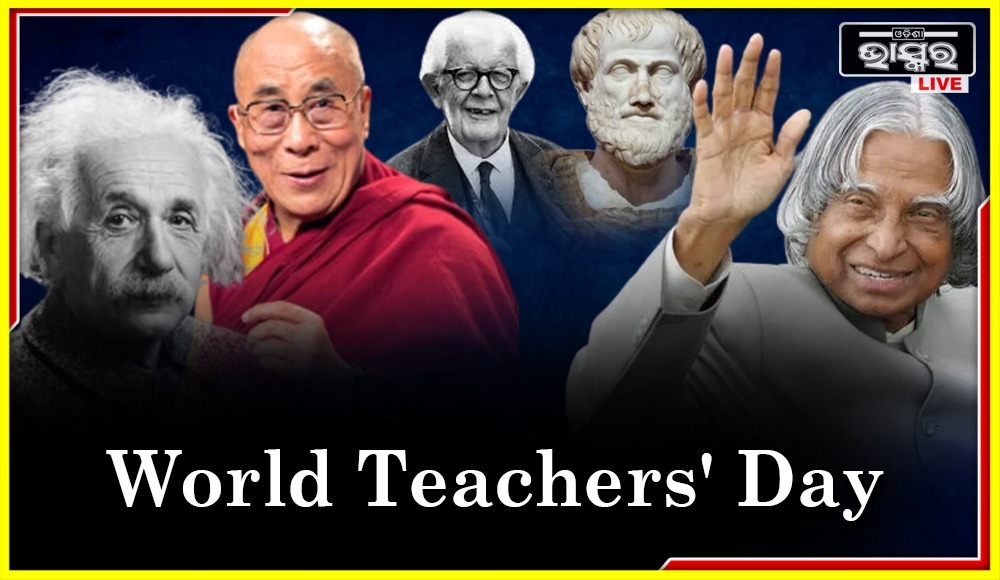

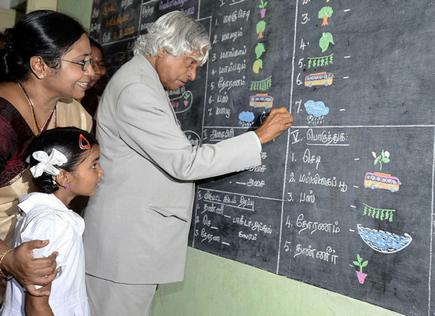
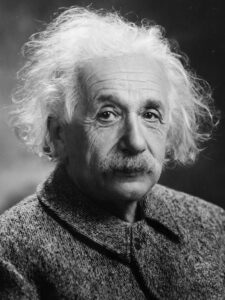 Albert Einstein was one of the twentieth century’s greatest thinkers and scientists. His discoveries revolutionized the field of physics and forever altered mankind’s understanding of the basic workings of the universe, leading to the dawn of the atomic age. Thrust into unexpected celebrity by the dramatic verification of his theories in 1919, Einstein quickly became an international icon of wisdom and intelligence.
Albert Einstein was one of the twentieth century’s greatest thinkers and scientists. His discoveries revolutionized the field of physics and forever altered mankind’s understanding of the basic workings of the universe, leading to the dawn of the atomic age. Thrust into unexpected celebrity by the dramatic verification of his theories in 1919, Einstein quickly became an international icon of wisdom and intelligence.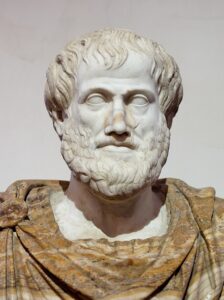 3. Aristotle
3. Aristotle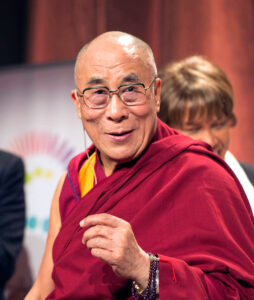

Comments are closed.